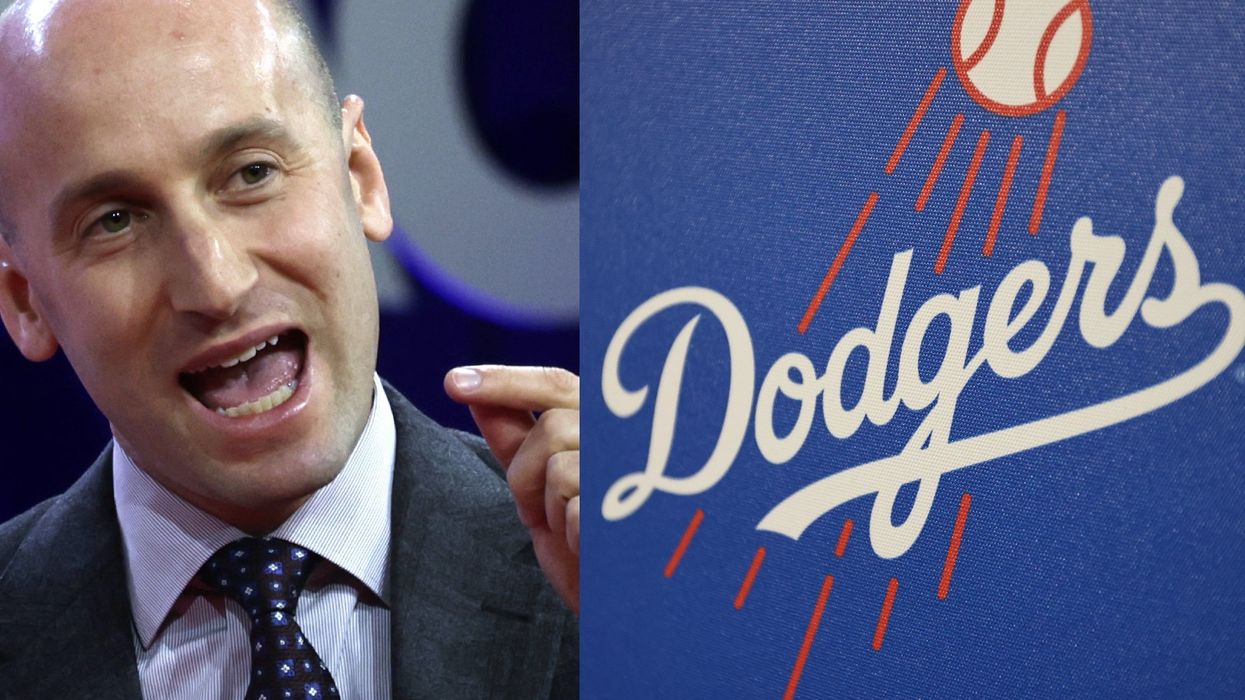
© 2025 Blaze Media LLC. All rights reserved.
If you’re like most Americans, you have decided (or soon will decide) to vote for either Barack Obama or Mitt Romney. It's most likely that you will not choose to vote for Ron Paul, Gary Johnson, Roseanne Barr (yes, that Roseanne Barr) or any of the other third party candidates still in the race. Before you cast that vote, however, it’s worth asking in the immortal words of David Byrne; “Well, how did I get here?”
It’s hard for me to believe, given Obama’s horrendous track record on traditionally liberal issues (remember when the Left cared about closing Guantanamo, getting out of Afghanistan, and repealing the Patriot Act?), that anyone still supports him out of a sense of principle. I have an even harder time believing that conservatives are driven by their principles to support Mitt Romney, whose key selling point during the primaries was that he had no principles of his own. The most common argument I hear from both camps is that their candidate is “better than the alternative.” Liberals support Obama because they’re afraid Romney will cut taxes for the rich and repeal Obamacare. Conservatives support Romney because they’re afraid Obama will bankrupt the country.
These are purely practical, almost Machiavellian rationales for supporting a candidate. There isn’t any idealism evinced in these answers; just a cold calculation that Candidate A is slightly better than Candidate B. Given the lack of enthusiasm among grudging partisans, you might think they’d be susceptible to being wooed by a third party candidate, but these realists scoff at the notion. “A third party candidate has no chance to win,” they’ll tell you. “You’re throwing your vote away.” In other words, there’s no point in voting for a candidate who can’t possibly win.
But here’s the problem with the idea that you shouldn’t vote for a candidate who can’t win: you are always either voting for a candidate who can’t possibly win or a candidate who was going to win anyway.
A 2008 study indicates that the odds of any single vote being the deciding factor in presidential election are one in sixty million. Even if you had been lucky enough to live in Palm Beach County, Florida, during the 2000 election and you had driven a thousand of your closest friends to the polls, you still would not have made any difference in the outcome of the election.
If you are going to insist on being “realistic,” then you should accept the overwhelming likelihood that your vote is not going to make any difference whatsoever in a national election. The true realist would stay home on Election Day, because she realizes she has better things to do with her time than hope for a one in sixty million chance that her vote will have an actual effect on the outcome of the election.
When I suggest this to the realists, however, they accuse me of being a cynic, oblivious to the fact that it’s not my view that I’m espousing, but the inexorable conclusion of their own realism. Pressed into a corner, the realist eventually resorts to saying something like “Sure, but what if everyone acted like that?”
But by posing that question, the realist trades Machiavelli for Immanuel Kant, who argued that one shouldn’t act upon a principle unless one could will it as a universal law. In other words, Kant asked, “What if everyone acted like that?” Kant was not a realist, but rather an idealist.
If you asked Kant who you should vote for, he’d tell you to vote for the person you want everyone else to vote for. He’d say that by voting for the lesser of two evils, you’re violating your own conscience and acting out of cynicism regarding your fellow citizens.
Machiavelli and Kant don’t get along very well together. A worldview comprised of equal parts Machiavelli and Kant is gibberish. Machiavelli would tell you to vote only if your vote is going to make a difference in the election. Kant would tell you to vote your conscience. Neither of them would tell you to vote for the least offensive of the two candidates that seem to have a decent chance of winning. And yet, through some unholy mixture of realism and idealism, that’s where most people end up.
I’m not going to tell you who to vote for. Nor am I going to tell you which principles you should use to make your decision. I am, however, going to suggest that there’s no coherent worldview that would lead you to vote for the lesser of two evils. If you think your vote matters, then vote your conscience. If you think your vote doesn’t matter, stay home.
Whatever you do, don’t be fooled into thinking that your vote only matters if you vote for one of the two pre-approved candidates. No matter which path you choose, idealist or realist, that isn’t a tenable conclusion. You can’t get there from here.
To read more from Rob Kroese visit his Amazon page and personal website.
Want to leave a tip?
We answer to you. Help keep our content free of advertisers and big tech censorship by leaving a tip today.
Want to join the conversation?
Already a subscriber?
more stories
Sign up for the Blaze newsletter
By signing up, you agree to our Privacy Policy and Terms of Use, and agree to receive content that may sometimes include advertisements. You may opt out at any time.
Related Content
© 2025 Blaze Media LLC. All rights reserved.
Get the stories that matter most delivered directly to your inbox.
By signing up, you agree to our Privacy Policy and Terms of Use, and agree to receive content that may sometimes include advertisements. You may opt out at any time.





